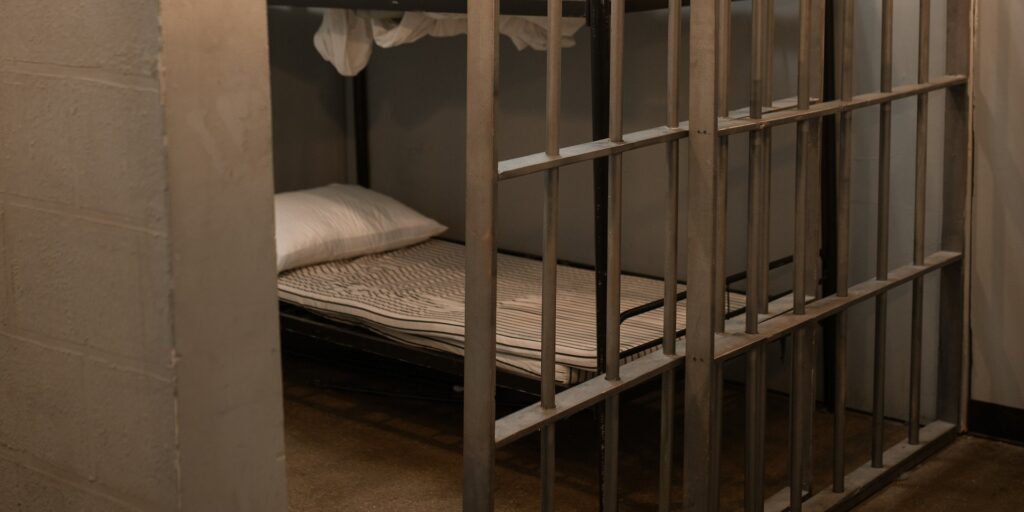- The difference between a divorce and an annulment - April 15, 2024
- Hidden costs to be aware of when buying a house - April 3, 2024
- The rules about legally transporting a firearm in Canada - April 1, 2024
By LegalMatters Staff • A fundamental principle of the Canadian justice system is that someone can only be found guilty of a crime if the Crown prosecutor has proven the elements of the offence beyond a reasonable doubt. If not, the accused must be acquitted.
Yet wrongful convictions do happen, as David Milgaard’s family knows. At the age of 17, he was found guilty of raping and murdering a female nursing student. He spent 23 years in prison before being released in 1992, with DNA testing showing that semen samples on the victim’s clothing did not originate from him.
His case and others like it prompted a University of Toronto professor and four alumni in the Juris Doctor program to launch the Canadian Registry of Wrongful Convictions (CRWC). The registry includes 83 publicly documented cases where a criminal conviction was overturned based on new matters of significance related to guilt not considered when the accused was convicted or pled guilty.
“The Milgaard case shows why those of us who work in courts would rather have 10 guilty people walk free after being declared not guilty than have someone convicted of a crime they did not commit,” says Ottawa criminal lawyer Céline Dostaler.
“I regularly see people who fall into the wrongfully convicted category,” she adds. “That includes those who plead guilty to a charge because going to trial is too expensive, especially if they don’t qualify for legal aid. It also includes people who want to avoid the stress of a trial and who just want the criminal process to end.”
According to the registry, 18 per cent of wrongful convictions are the result of false guilty pleas.
“As a society, we should try to prevent these situations from occurring as much as possible,” says Dostaler. “I am hopeful the CRWC will help criminal defence lawyers in their work.”
She explained that by looking at past wrongful convictions, defence lawyers may be able to see similar issues or patterns for the client, in terms of the evidence the Crown brings forward.
“The more we look back at wrongful convictions, the more we will see how certain types of evidence are not useful or can be misused to convict the innocent,” says Dostaler.

